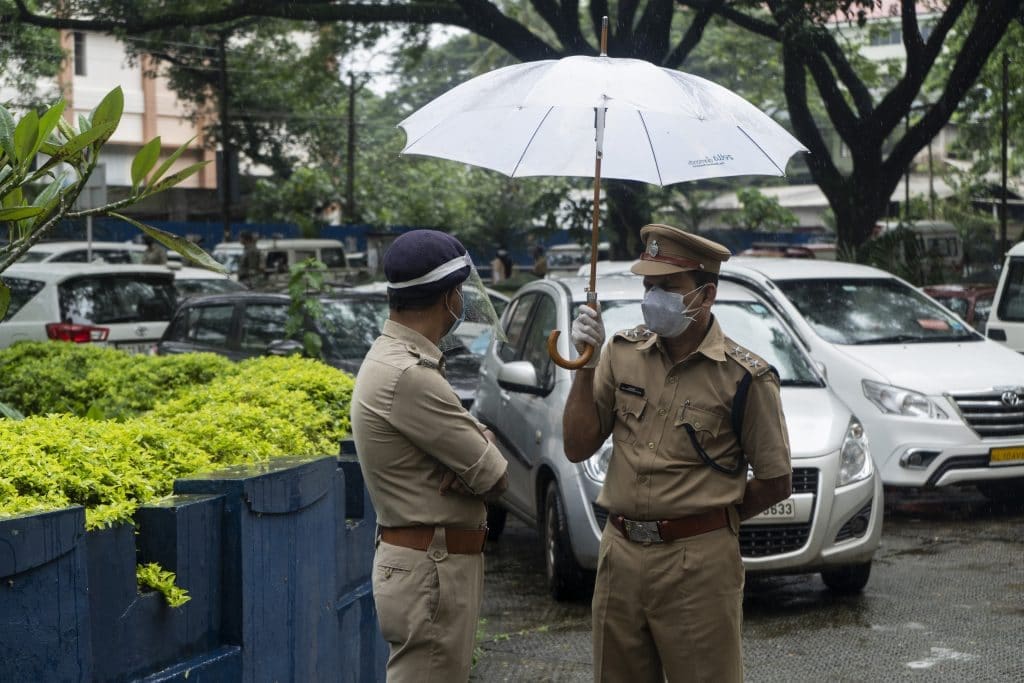
Union Health Minister Mansukh Mandaviya on Tuesday confirmed two deaths due to Nipah in Kerala and said that four suspected cases are currently under surveillance. He said a central team of experts has been sent to Kerala to take stock of the situation and assist the state government.
Three minors are among the four people who are under observation in Kozhikode due to a suspected case of the deadly Nipah virus. All of the people are related to 49-year-old Mohammed who died in a private hospital on August 30.
Mohammed is among the two people who died due to Nipah virus. Days after his death, another person who came in contact with Mohammed from a hospital also died. The state Health department, having suspected Nipah infection, had sent the samples to the ICMR-National Institute of Virology, Pune, which reportedly confirmed the presence of the virus.
Kerala Health Minister Veena George on Tuesday announced that a control room is set up in Kozhikode to monitor the situation. She advised people to use masks as a precautionary measure.
“People are told to stay in home as medical officials are taking stoke of the situation,” Afeef Hameed, a neighbour of Mohammed told Maktoob.
Haris, a native of Mangalath, a locality in Ayencheri panchayat, is the second person who died in another private hospital in Kozhikode on 10 September.
The 2018 Nipah outbreak in Kerala killed 20 out of 22 people infected by the virus. There have been at least two Nipah spillovers in Kerala since then – to a 21-year-old college student who survived in 2019 and a 13-year-old boy who died in 2021.
People have complied with the instructions given by the health minister and started wearing mask in Kozhikode city. Rapid Action Forces have reached Ayencheri village, considered the containment zone.
Schools were shut down in two localities on Tuesday after the virus scare.
Nipah virus is carried by some Asian fruit bats, and was responsible for previous outbreaks in Malaysia and Bangladesh. The deadly virus is considered one of the most dangerous pathogens circulating in the wild. There is no vaccine to prevent infection and no treatment to cure it.



